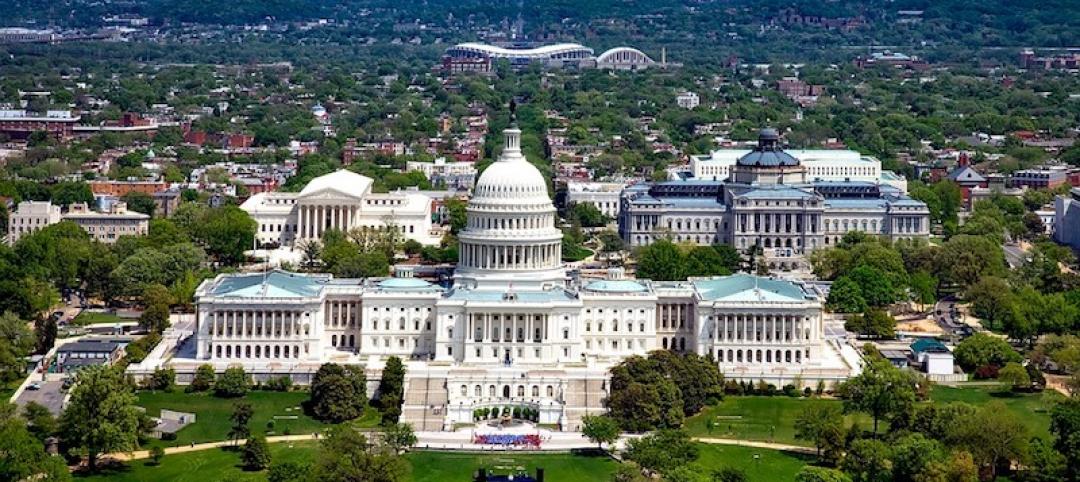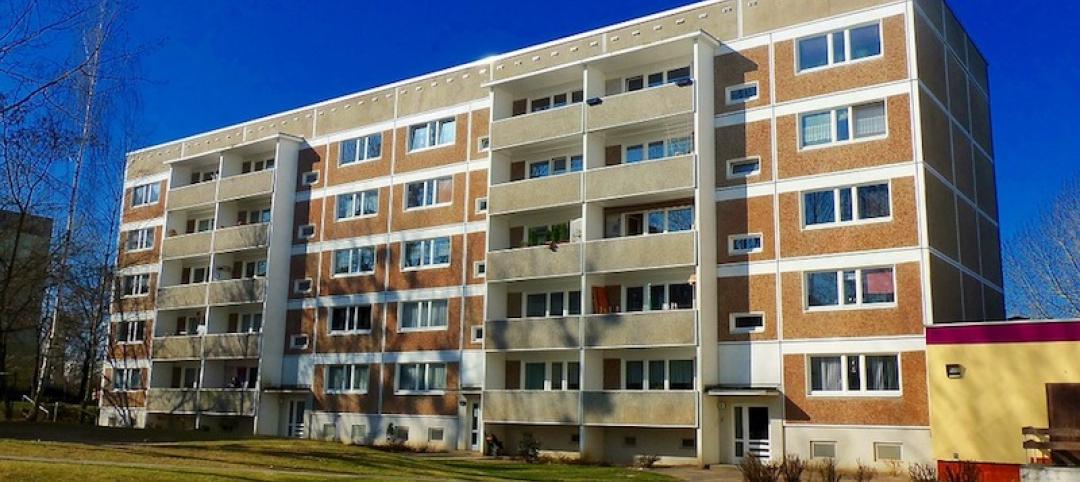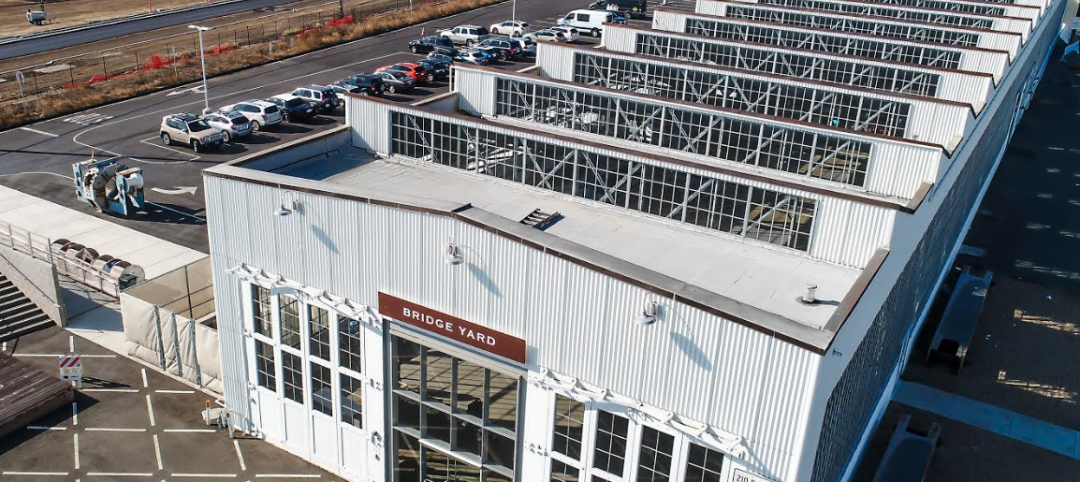Commercial property owners should commit to greenhouse gas (GHG) reduction—a strategy that reaps financial benefits and prevents buildings from becoming stranded assets, according to an energy efficiency consultant writing in GlobeSt.
A systematic drive to reduce emissions across the portfolio will garner savings on energy and water, as well as on levies for exceeding carbon emissions standards enacted by local governments. Decarbonization can avoid “stranded assets … properties that will be exposed to the risk of early economic obsolescence due to climate change because they will not meet future regulatory efficiency standards or market expectations.”
The first step is to set minimum standards for the entire portfolio and efficiency goals for individual properties. Portfolio standards could be performance based (e.g., 10% reduction of all assets by 2030), or prescriptive based (e.g., 100% LED lighting at all assets by 2025).
An energy and water audit, a comprehensive analysis of the property’s energy and water consumption using the ASHRAE Energy Audit Standards, should be conducted at each site. The audit measures energy and water usage, identifies property conditions that may cause excessive use, and provides efficiency measures to improve energy and water efficiency.
Other GHG reduction measures include building automation and controls, retro-commissioning, sourcing green energy from utilities, fully electrifying buildings, and integrating renewable energy systems into the property.
Related Stories
Codes and Standards | Jan 9, 2019
Policymakers need to act to alleviate affordable housing crunch
Moody’s economist says costs including mortgage rates worsening situation.
Codes and Standards | Jan 8, 2019
Pittsburgh launches task force on construction industry fraud
Focus will be on wage violations.
Codes and Standards | Jan 7, 2019
Program uses low-cost sensors to monitor impact of stormwater mitigation systems
University/municipal partnership in Philadelphia aims to improve green infrastructure design.
Codes and Standards | Jan 7, 2019
Washington, D.C., to transition to 100% renewable energy by 2032
Includes measures to reduce emissions from buildings and transportation.
Codes and Standards | Jan 4, 2019
Canada’s National Building Code will include climate change obligations
New durability requirements for new buildings in the works.
Codes and Standards | Jan 4, 2019
LEED v4.1 beta registration begins in January
First releases are O+M, BD+C, and ID+C.
Codes and Standards | Jan 3, 2019
U.S. Appeals Court says general contractors can be cited for subcontractor violations
Ruling will prompt review of OSH decision that said GCs cannot be held liable for subs’ violations.
Codes and Standards | Jan 3, 2019
Tall mass timber code changes receive final approval
New provisions to be included in the 2021 International Building Code.
Codes and Standards | Jan 2, 2019
ASHRAE’s Low-Rise Residential Buildings standard update now available
Performance measures are at least 50% more efficient than 2006 IECC.
Codes and Standards | Jan 2, 2019
Study compares labor hours for various low-slope roofing options
Type of roof covering, project parameters, tool management, and crew efficiency all impact profitability.

















